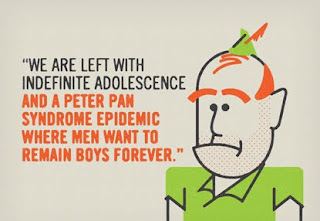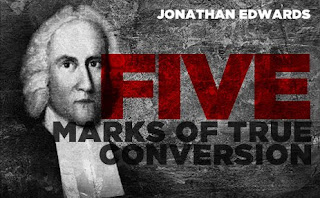“Have nothing to do with the fruitless deeds of darkness, but rather expose them. For it is shameful even to mention what the disobedient do in secret. But everything exposed by the light becomes visible, for it is light that makes everything visible. This is why it is said: “Wake up, O sleeper, rise from the dead, and Christ will shine on you.”” -Ephesians 5:11–14, NIV
Social networking has changed the way we communicate with each other inside and outside the church. In the last 5 years these sites have opened a window of our personal lives to the world, revealing the good, the bad, and at times, the ugly. As electronic communication devices get smaller and easier to use and the influence of social networking grows we will see the line between virtual and physical relationships continue to blur.
The advent of social networking has been a great leap forward in personal communication. We can simultaneously communicate with hundreds, even thousands of people in seconds, alerting them of what is happening in our personal lives, business, church, or school. We are able to reconnect with old friends, classmates, and family members. Social networking has also expanded the influence of music and art giving artists an avenue to affordably expose the world to their creations. The effects on the church have been profound as well. Many churches have learned that to communicate with people effectively they must employ the use of social networking sites. This medium for communicating allows churches to "get the word out" to hundreds at once making it effective and easy.
As the church continues to use social networking to reach out to congregations as a whole and members of our congregation connect with each other, problems do arise. Like any good thing, social networking can be misused, abused, and transformed into a bad thing.
The nature of social networking lends itself to the easy dissemination of gossip and slander. God's Word tells us that “A perverse man stirs up dissension, and a gossip separates close friends. ” (Proverbs 16:28, NIV). Gossiping in the virtual world is as much a sin as gossip in the physical.
Another aspect of social networking that is both good and bad from a pastoral perspective is the view of a church member's life as presented on their profile page. A profile page is a window into who people really are, what they are doing, and what motivates them. This is good in that it helps a pastor see where people really are, physically, emotionally and spiritually. This is bad in that it can be extremely frustrating and defeating to see people praising for the Lord on Sunday morning and then see what they are doing throughout the week, especially Friday and Saturday night.
Living a double life as a Christian is not a new concept. Jesus said “No one can serve two masters. Either he will hate the one and love the other, or he will be devoted to the one and despise the other. You cannot serve both God and Money. ” (Matthew 6:24, NIV), He was talking about money but His meaning was more broad reaching to anything that we worship or serve more than the triune God. Social networking just reveals what has been going on for thousands of years and pastors can no longer fool themselves that everyone who comes to church on Sunday morning is living a holy life before God the rest of the week.
Some pastors have reacted by burying their head in the sand and deleting their Facebook or Myspace account, trying to revert to the ways things were before, see no evil, there be no evil. They wish they had never taken the red pill and been exposed to the reality of a church where not everyone lives happily ever after. Of course this does nothing to serve the kingdom, in fact it is a disservice to the kingdom.
Down and dirty is where Jesus served during His earthly ministry. He did not turn a blind eye to the sin of the hypocrite or Pharisee, He confronted, rebuked, and extorted these men and women to live a holy life by the grace of God. I believe that we are to do the same. We are to expose virtual sin and hypocrisy just as we would if we were present during the act. By doing so we proclaim the Word of God to those who perishing that they may hear and be saved by the grace of God.
Pastors need to embrace social networking, it's not going away. Use this tool to further the kingdom of God by examining where your congregation is and tailor your messages to address their issues and struggles. Hold members of your church accountable for what they post and how they conduct themselves online and encourage them to do the same for others. Finally, guard what you post and share online because you will be judged more harshly than anyone.



























